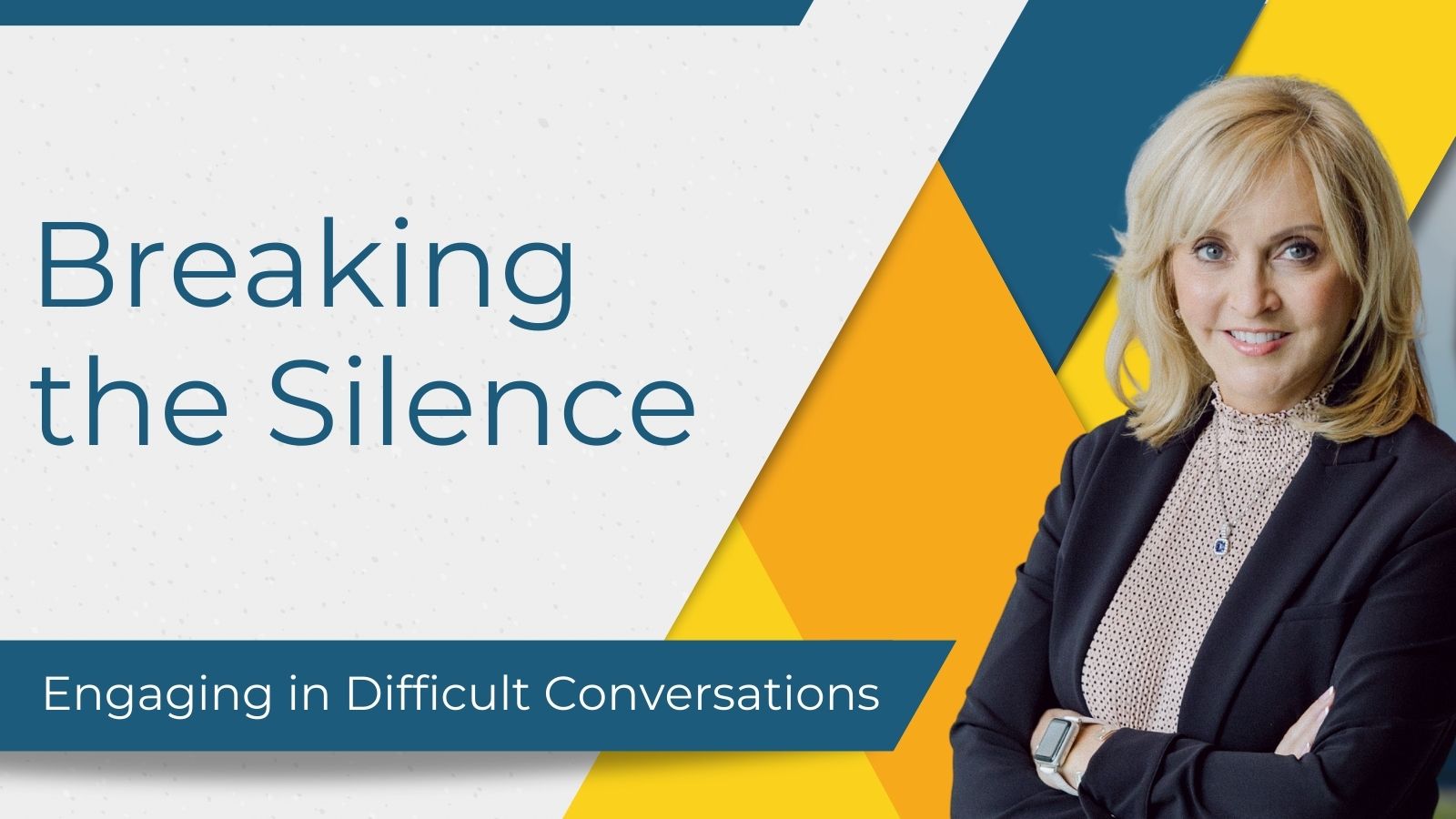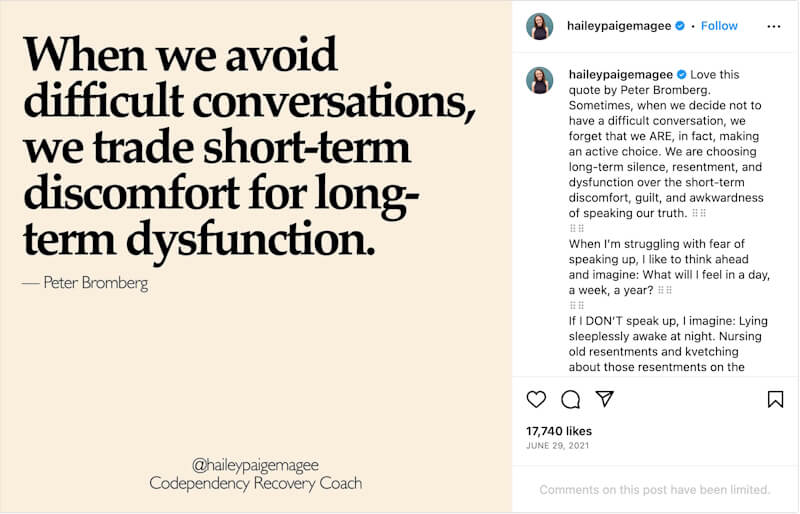Have you ever walked away from a conversation, your heart pounding and mind swirling with frustration or regret, wishing you had spoken up?
Whether it’s a disagreement with a colleague, feeling hurt by a comment, or concern over a major company decision, silence often seems like the safest option.
But what if you could navigate these treacherous waters with confidence and grace?
Keeping quiet doesn’t keep the peace. It fuels resentment, erodes trust, and prevents resolution.
The silence becomes a wall that separates you from others, and the cost is your well-being and the company’s success.
You don’t have to suffer in silence.
You can engage in difficult conversations without conflict or discomfort. Today, I’ll share a powerful approach that turns confrontation into collaboration.
Here’s the deal. Engaging in open and authentic dialogue promotes understanding, healing, and growth.
It enhances relationships and paves the way for positive change.
Embracing difficult conversations elevates the entire work environment.
Unfortunately, many people avoid difficult conversations out of fear or uncertainty, missing out on opportunities to heal, grow, and connect.
Why?
Because the fear of causing conflict or being misunderstood prevents people from expressing their true feelings and thoughts.
And according to some experts, that’s a problem.
But, we can turn potential conflicts into opportunities for growth and connection.
😒Own Emotions and Feelings
Recognizing and accepting your feelings allows for an honest and non-confrontational dialogue.
Instead of saying, “You hurt me,” say, “I felt hurt by the conversation.”
This approach helps you acknowledge that you felt something, not say that someone else did something to you.
Remember, hurting or offending you probably wasn’t their goal.
Using phrases like “This decision makes me uncomfortable” fosters empathy and open discussion, transforming relationships and decision-making processes.
By focusing on your feelings, you invite understanding and collaboration.
Some other non-confrontational starters you can use:
“I’d love the opportunity to explain myself. Can we talk?”
“What happened bothers me. But our relationship matters. Can we talk it through?”
“I feel really betrayed by what happened. Are you willing to let me explain?”
“I’m feeling that I might have offended you. Please tell me what you’re feeling.”
Once you’ve successfully initiated the conversation with non-confrontational starters, the next crucial step is to listen actively.
It’s not just about what you say but also how you listen that contributes to a meaningful and constructive dialogue.
Active listening is the other side of the coin that we should pay attention to. It’s one thing to articulate your thoughts and feelings with confidence and grace, but it’s another to genuinely listen to what the other person is saying.
Active listening involves fully focusing, understanding, and responding in a way that builds shared meaning.
When you give your complete attention to the speaker, you’re not just hearing their words; you’re engaging with their emotions and underlying message.
This engagement can unearth common ground and pave the way for a mutual solution, turning a challenging conversation into an opportunity for growth and collaboration.
Active listening could be your secret weapon to break down barriers and foster a culture of mutual respect.
Why You Should Teach Your Team to Engage in Difficult Conversations with Confidence
Navigating difficult conversations is more than a personal skill; it’s a leadership tool that can transform your team’s dynamics and your organization’s culture. How?
Breaks Down Barriers: Encouraging open dialogue ensures that concerns and ideas are shared, not hidden, fostering a culture of transparency and trust.
Enhances Emotional Intelligence: Teaching your team to recognize and articulate feelings builds emotional intelligence, a key trait for effective leadership.
Fosters Collaboration and Empathy: Promoting empathy in communication nurtures a more supportive and collaborative work environment, essential for innovation and problem-solving.
Builds Future Leaders: As you empower your team to engage in difficult conversations with grace, you’re developing the communication skills they’ll need as they grow into leadership roles.
Summary:
You’re not merely resolving conflicts; you’re shaping a new generation of leaders, ensuring your organization’s resilience, innovation, and success.
Navigating difficult conversations doesn’t have to be a daunting task.
It’s about connection, not confrontation.


